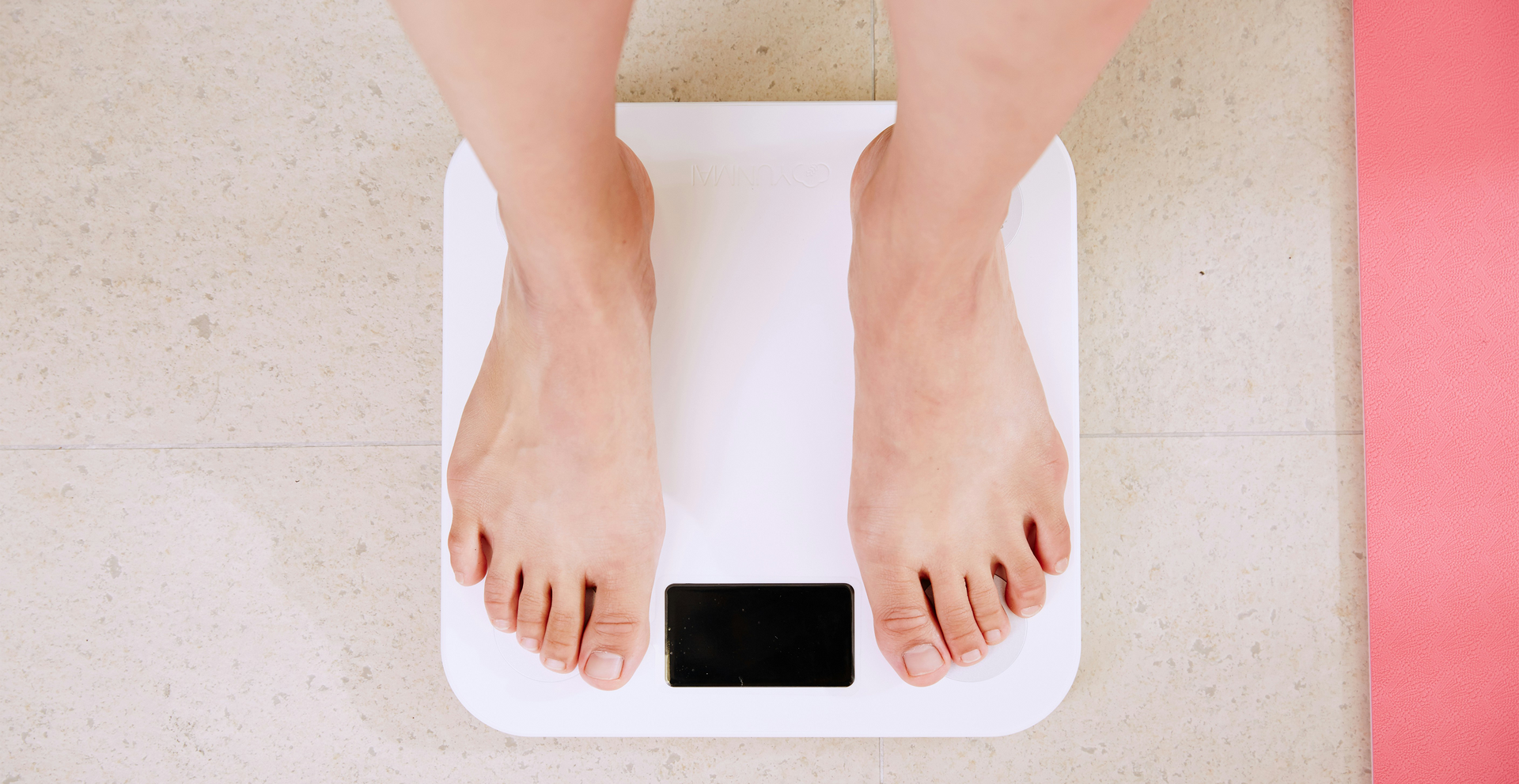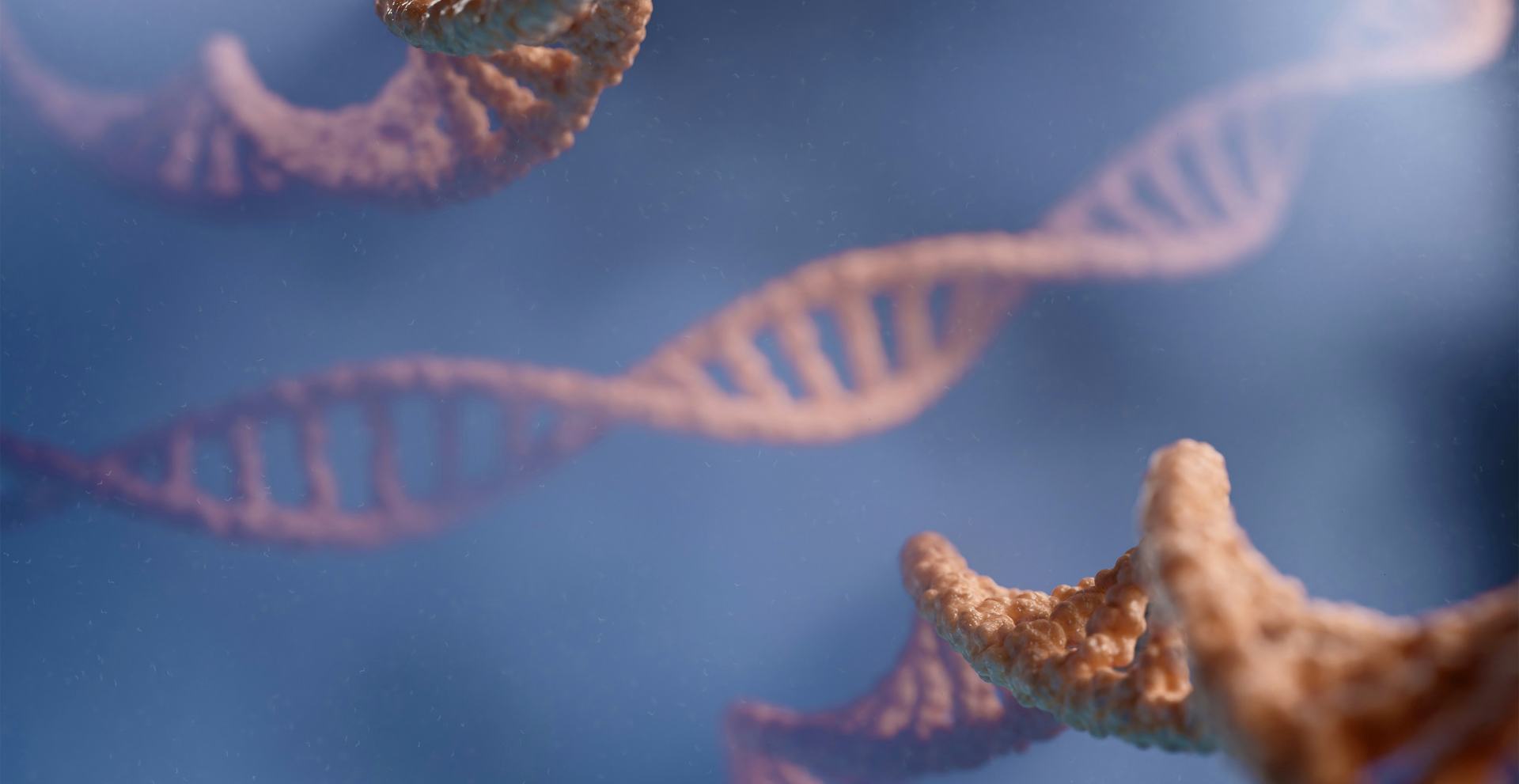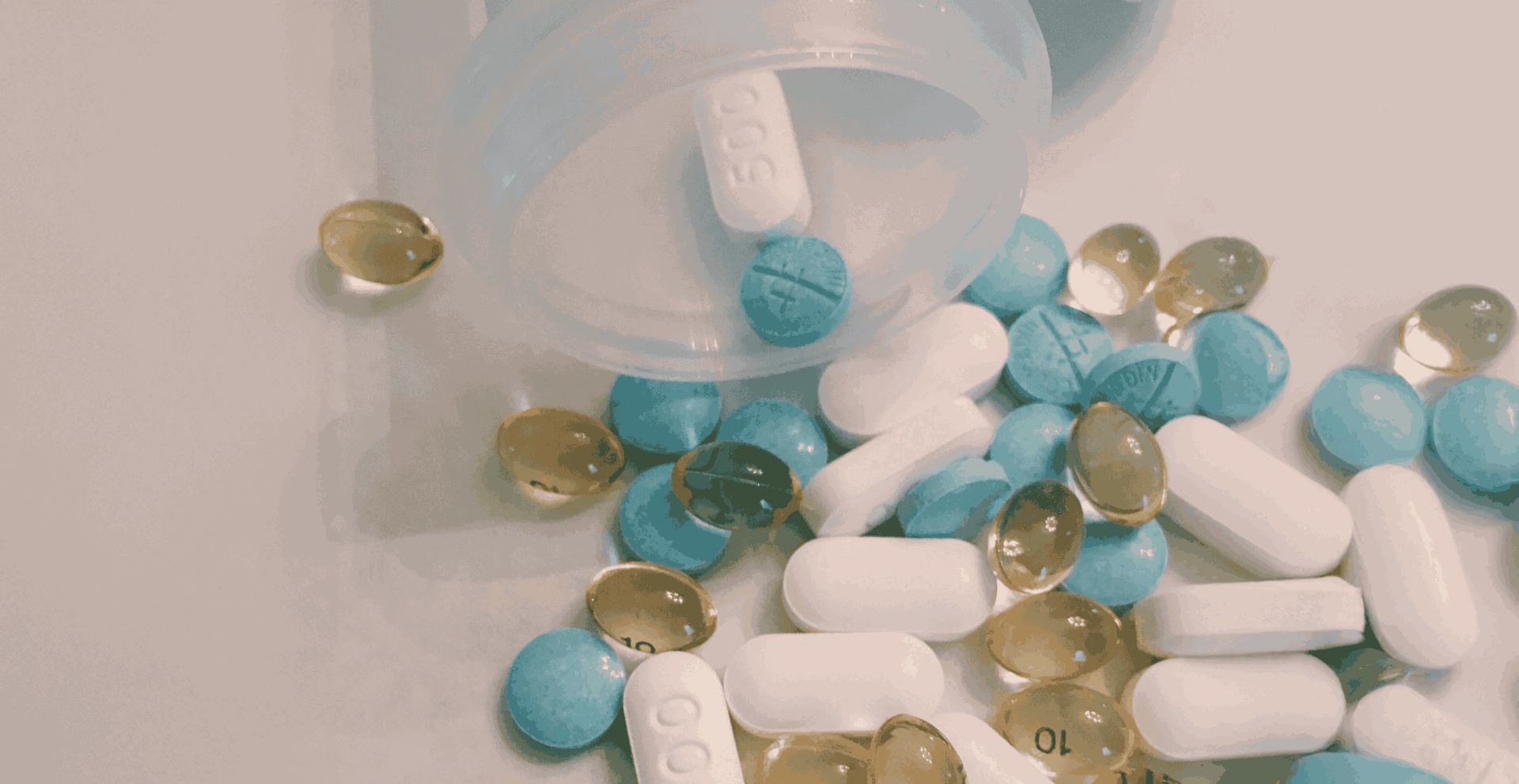Postpartum Depression and TMS
Postpartum Depression and TMS
Bringing a baby into the world is a life-changing experience, but for many new mothers, it comes with unexpected challenges, including postpartum depression (PPD). This condition affects millions of women globally and can significantly impact a mother’s ability to bond with her child and even influence the emotional well-being of her baby. This article will explore PPD and the potential of Transcranial Magnetic Stimulation (TMS) to help struggling mothers.
Understanding Postpartum Depression
Postpartum depression (PPD) is a serious condition that affects some women after childbirth. Symptoms of PPD can vary but often include:
- Extreme sadness
- Fatigue
- Loss of interest in activities
- Difficulty bonding with the baby
- Irritability
- Changes in sleep or appetite
Postpartum depression (PPD) doesn’t just impact mothers—it can also have serious effects on their babies. Studies reveal that children of mothers with PPD are more likely to experience behavioral and emotional challenges. Unfortunately, this knowledge can amplify PPD symptoms, as mothers may feel overwhelmed with guilt or anxiety about the potential impact on their children.
Data suggest that postpartum depression affects 10% to 15% of new mothers globally. The prevalence may vary based on factors like socioeconomic status, support systems, and individual history of mental health issues. Despite being relatively common, PPD often goes undiagnosed or untreated due to stigma, lack of awareness, or limited access to resources.
The causes of postpartum depression are multifaceted. Biological factors include hormonal changes during and after pregnancy. For example, estrogen and progesterone levels drop sharply after childbirth, potentially affecting mood-regulating brain chemicals. Psychological factors, such as a history of depression or anxiety, also contribute.
Additional stressors like sleep deprivation, lack of support, or life changes associated with parenthood can exacerbate these challenges.
What Is TMS?
Transcranial Magnetic Stimulation (TMS) is a non-invasive treatment for depression that uses magnetic fields to stimulate specific areas of the brain. The U.S. Food and Drug Administration (FDA) approved TMS in 2008 for treating major depressive disorder (MDD), particularly for individuals who haven't responded to other treatments like medications or therapy.
TMS is performed in an outpatient setting, meaning no anesthesia is required. During a session, a technician places a device with an electromagnetic coil against certain brain regions. This coil generates magnetic pulses that create electrical currents in the brain, stimulating nerve cells in brain areas that may be underactive in individuals with depression.
Each session typically lasts 30 to 40 minutes, and patients can resume to normal activities immediately afterward. A full course of TMS usually involves three to five sessions per week, over several weeks.
How Does TMS Work for Postpartum Depression?
TMS works by targeting specific areas of the brain that are less active in people with depression. One key area is the dorsolateral prefrontal cortex (DLPFC), which plays a role in mood regulation, decision-making, and emotional responses. Brain scans show the DLPFC may be dysfunctional in PPD.
TMS encourages neuroplasticity—the brain's ability to reorganize itself by forming new neural connections. By enhancing neuroplasticity, TMS helps the brain "reset" patterns of activity linked to depressive symptoms, leading to improved mood and positive ways of thinking.
For PPD, TMS offers a promising approach by addressing the underlying neurological factors contributing to the condition. Unlike medications, which alter brain chemistry, TMS directly influences brain activity. This targeted approach reduces the risk of side effects and allows for more precise treatment.
Effectiveness of TMS for Postpartum Depression
Research supports the effectiveness of TMS for treating postpartum depression. A study published in the Brain Stimulation Journal examined the use of repeated TMS in pregnant and postpartum women with major depressive disorder. The results showed that over 70% of participants experienced significant improvement in their symptoms, and many maintained these benefits over time.
Another study published in the Journal of Affective Disorders found TMS improved both depression and anxiety in women with PPD. These mood improvements were sustained three and six months after their treatment, and no serious side effects were reported.
TMS is particularly beneficial for individuals who have not responded to traditional therapies like antidepressants or psychotherapy. By offering a new pathway for treatment, TMS provides hope for those who might otherwise feel stuck in their struggle with depression.
Is TMS Safe for Postpartum Depression?
TMS is generally considered safe, with minimal side effects. Some people may experience headaches or dizziness during or after sessions. However, these side effects are typically temporary and resolve on their own. In rare cases, there have been reports of seizures, hearing loss, and mania following TMS. As such, patients must have a thorough screening before undergoing TMS therapy to ensure they are suitable for treatment.
For postpartum mothers, one of the most significant advantages of TMS is that it does not involve medications. This means it doesn't introduce chemicals into the body that could pass into breast milk and affect the baby. Mothers can continue breastfeeding without worrying about potential risks associated with drug-based treatments.
Additionally, studies suggest that TMS is safe for women during the peripartum period, including pregnancy and the period after birth. It does not pose risks to the developing fetus or the newborn, making it a suitable option for mothers concerned about the well-being of their children.
Exploring TMS at Friendswood Psychiatry Clinic
At Friendswood Psychiatry and TMS Clinic, we provide comprehensive mental health services, including TMS therapy, for individuals experiencing depression and other mood disorders. We’re located in Friendswood and are a leading TMS provider in Texas, offering safe and compassionate care to support the unique healing needs of each patient.
If you or someone you know is struggling with PPD and you want to know more about our services as a potential solution, be sure to get in touch with one of our team members. You can schedule a free consultation, and we’ll provide you with everything you need to know about this potentially life-changing treatment and how it could serve you.

HELPFUL LINKS
SCHEDULE A CONSULTATION
It's important to know that you are not alone. You can get help with depression today!
WE SUPPORT MENTAL WELLNESS
- Depression
- Anxiety
- ADHD
- OCD
- Adjustment Disorders
- Life Transitions
- Autism Management
- Binge Eating Disorders
- Smoking Cessation







